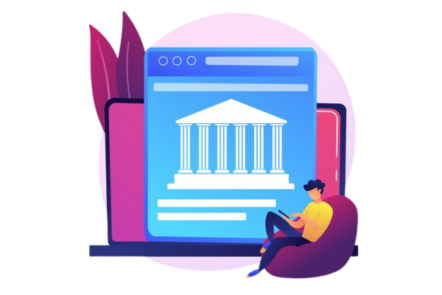
In South Africa’s banking environment, many clients are unaware of the banking rights that guarantee access to essential services, transparency in fees, and protection in their transactions. Understanding these rights can be the key to avoiding unnecessary charges and ensuring fair and transparent service. Let’s explore the key points you need to know.
Mzanzi Account: A simple and accessible option
Did you know that you have the right to open a Mzanzi Account, a type of basic bank account designed to make banking more accessible? This account was created to ensure that everyone, regardless of income, can access essential banking services without needing to maintain a high minimum balance. It means you can manage your money without worrying about fees that weigh down your budget.
This account is ideal for those who receive social grants or need a practical way to manage small savings. Even though it’s your banking right, some banks may prioritize offering more profitable accounts. That’s why it’s essential to ask about the Mzanzi Account when opening a new account and take advantage of this more affordable option.
Digital Banking: Save with online services
Digital services have transformed banking in South Africa, but did you know that many online transactions are free or come at a lower cost? Transferring money between accounts within the same bank through the app, for example, can be free. This is a great advantage for those looking to save time and money without needing to visit a branch.
Additionally, banks are required to clearly inform customers about all fees related to digital services. This means you should always know what you’re paying for and why. If you find something unusual on your statement, reach out to your bank and ask for clarification. Understanding these details can help you avoid unpleasant surprises and make the most of your digital transactions.
Transparency in loans: What you need to know
When you apply for a loan or credit card, the bank must be clear about all terms. This includes interest rates, payment terms, and any other associated costs, like admin fees. Clarity is your right, and banks are obligated to provide a detailed agreement before you make any decisions.
Many clients end up paying more than they should because they are not fully informed about the terms of credit. So, always ask for a full explanation, and if needed, take time to review the contract before signing. Ensuring that all information is clear can make the difference between a smooth loan process and an unexpected debt.
What to do if your banking rights are not respected?
If you feel that your bank is not respecting your banking rights, you don’t have to accept it. Start by filing a formal complaint directly with the bank, and make sure to get a reference number. This allows you to track the process and ensure that your complaint is taken seriously.
If the issue continues, you can turn to the Ombudsman for Banking Services (OBS). The OBS is an independent body that helps resolve disputes between banks and clients without the need for a legal process. Remember: your banking rights are protected by law, and you don’t need to accept unfair or negligent service.
Use your rights for better financial control
Knowing your banking rights in South Africa is not just about saving money—it’s about ensuring that you receive fair and transparent service. Ask questions, demand explanations, and don’t let unnecessary charges slip by unnoticed. An informed consumer is a protected consumer.
And if you want more financial tips and insights tailored to the South African market, visit the Utua portal. There, you’ll find valuable information that can transform the way you manage your finances and ensure a more secure future! 🌟
